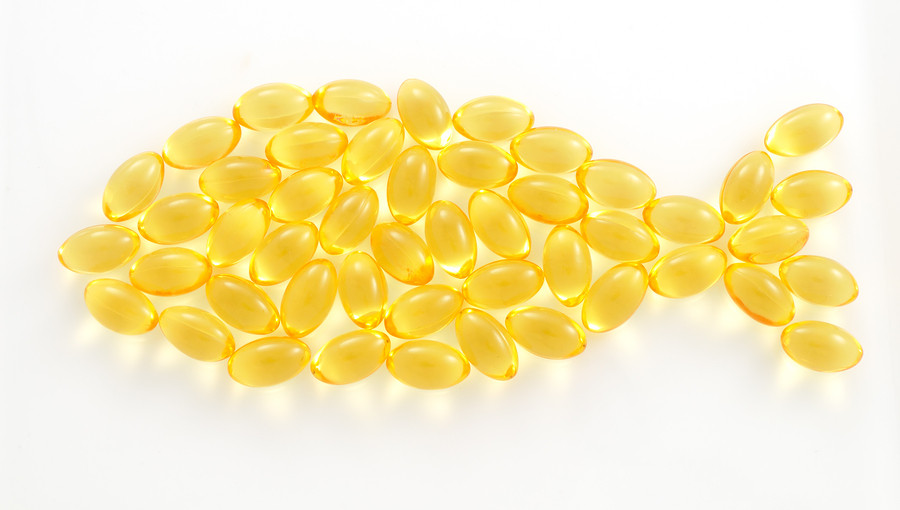Do fish oil supplements reduce inflammation?
Ask the doctor

Image: Bigstock
Q. I've read that taking doses as high as 3,000 to 6,000 milligrams a day of a fish oil supplement may lower inflammation. If so, I'd like to take it to reduce my risk of cancer and heart disease.
A. Fish oil contains omega-3 fatty acids, which are part of a healthy diet that is associated with lower levels of inflammation. Your body can't manufacture omega-3 fatty acids—eicosapentaenoic acid (EPA), docosahexaenoic acid (DHA), and alpha-linolenic acid (ALA)—so it's important to get them through your diet. EPA and DHA are primarily found in fatty fish, such as salmon, tuna, and anchovies. ALA is found in plants and is available in vegetable oils, nuts, flaxseeds, and flaxseed oil.
Several studies have evaluated fish oil supplements for preventing heart disease, cancer, and other conditions related to inflammation, but there is still no convincing evidence to recommend them—especially at such a high dose. The one exception is if you have very high levels of triglycerides in your blood. Then your doctor may prescribe Lovaza, a fish oil medication containing 465 milligrams (mg) of ALA and 375 mg of DHA, to be taken four times a day.
If your doctor hasn't prescribed high doses of fish oil, you'd be better advised to add foods containing omega-3s to your diet. Nonprescription fish oils are notoriously prone to spoilage.
— by Hope Ricciotti, M.D., and Hye-Chun Hur, M.D., M.P.H.
Editors in Chief, Harvard Women's Health Watch
Disclaimer:
As a service to our readers, Harvard Health Publishing provides access to our library of archived content. Please note the date of last review or update on all articles.
No content on this site, regardless of date, should ever be used as a substitute for direct medical advice from your doctor or other qualified clinician.
















